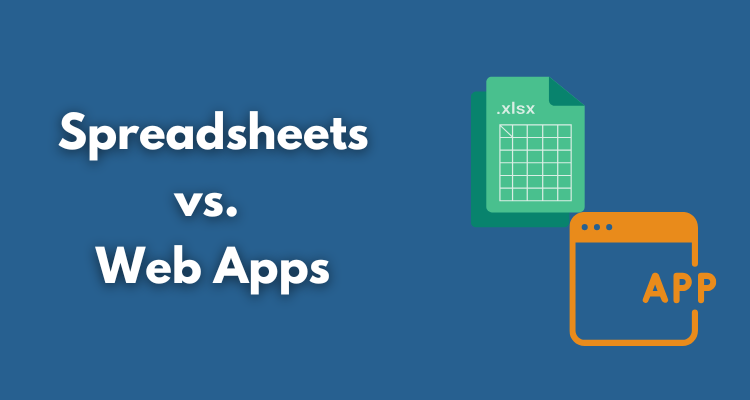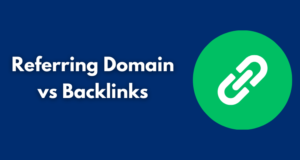Spreadsheets have been around for a long time. They help people organize data, make calculations, and track information. But now, web apps are becoming more popular. With advances in web app development, it’s easier than ever to build custom tools tailored to your workflow.
They offer more features, better collaboration, and automation. So, which one is better for you? Let’s take a look at both options and see how they compare.
Table of Contents
ToggleUnderstanding Spreadsheets

Spreadsheets are useful for managing data. Programs like Microsoft Excel and Google Sheets make it easy to create lists, perform calculations, and analyze numbers. Many businesses still use spreadsheets for budgeting, reports, and planning.
Spreadsheets are great for simple data management tasks. You can enter values, use formulas to perform calculations, and organize data in a structured format. For example, a small business might use spreadsheets to track expenses, calculate profits, or keep inventory records.
If your records are in PDF format, you can easily convert PDF to Excel spreadsheet to make the data editable and ready for calculations. This saves time and allows you to manage business information more efficiently in spreadsheets.
However, when dealing with large datasets or working with multiple collaborators, spreadsheets can become difficult to manage. As data grows, spreadsheets may slow down or become error-prone. Additionally, manually entering data can lead to mistakes, especially if multiple people are making changes simultaneously.
Pros of Spreadsheets
- Simple and easy to use, even for beginners
- Cost-effective for small tasks and businesses
- Great for quick calculations and data entry
- Can be used offline, making them accessible anywhere
- Familiar interface that most people already know
Cons of Spreadsheets
- Struggles with large amounts of data, which can slow performance
- Hard to collaborate in real-time without version control issues
- Limited automation and integration with other software
- Risk of human error, especially when managing complex data
- Security concerns if sensitive data is stored without encryption
The Rise of Web Apps

Web apps are online tools that help manage data and automate tasks. Unlike spreadsheets, web apps provide a more structured and scalable solution. They allow real-time collaboration, integrate with other business software, and often include automation features. Many businesses now prefer to convert Excel with sheetcast.com to improve efficiency and reduce manual workload.
For example, a company using a spreadsheet to track employee attendance may struggle with updating records and sharing information in real time. A web app can solve this problem by providing a attendance management system where employees log in, mark attendance, and generate reports automatically. This reduces errors and saves time.
Pros of Web Apps
- Handling large amounts of data without performance issues
- Allow multiple users to work simultaneously with real-time updates
- Seamlessly connect with other business tools like CRM and ERP systems
- Offer better security, access control, and data encryption
- Reduce manual work through automation and built-in formulas
Cons of Web Apps
- Requires an internet connection to function properly
- Can take time to learn, especially for non-technical users
- Higher cost compared to basic spreadsheet tools
- Some web apps require customization or development work
Choosing the Right Solution
Think about your needs before deciding between spreadsheets and web apps. Ask yourself these questions:
- Do you need a simple tool for personal or small business use? A spreadsheet might be enough.
- Will multiple people work on the data at the same time? A web app could be a better option.
- Are you dealing with large datasets that need automation? Web apps offer more scalability.
- Do you want a tool that integrates with other software? Web apps allow for better connectivity.
- Is security a concern? Web apps provide more robust protection for sensitive information.
For businesses looking to streamline processes, web apps are often the smarter choice. However, if you’re working on a small project or need something quick and easy, spreadsheets still hold value.
Conclusion
Both spreadsheets and web apps have their strengths. Spreadsheets are simple, familiar, and work well for basic data management. However, web apps provide more power, scalability, and automation, making them ideal for businesses that need advanced functionality.
If you want to switch from spreadsheets to web apps, Sheetcast can help you transition smoothly. Choose the right tool based on your needs and improve the way you work with data. The right choice will save time, reduce errors, and make collaboration easier.









